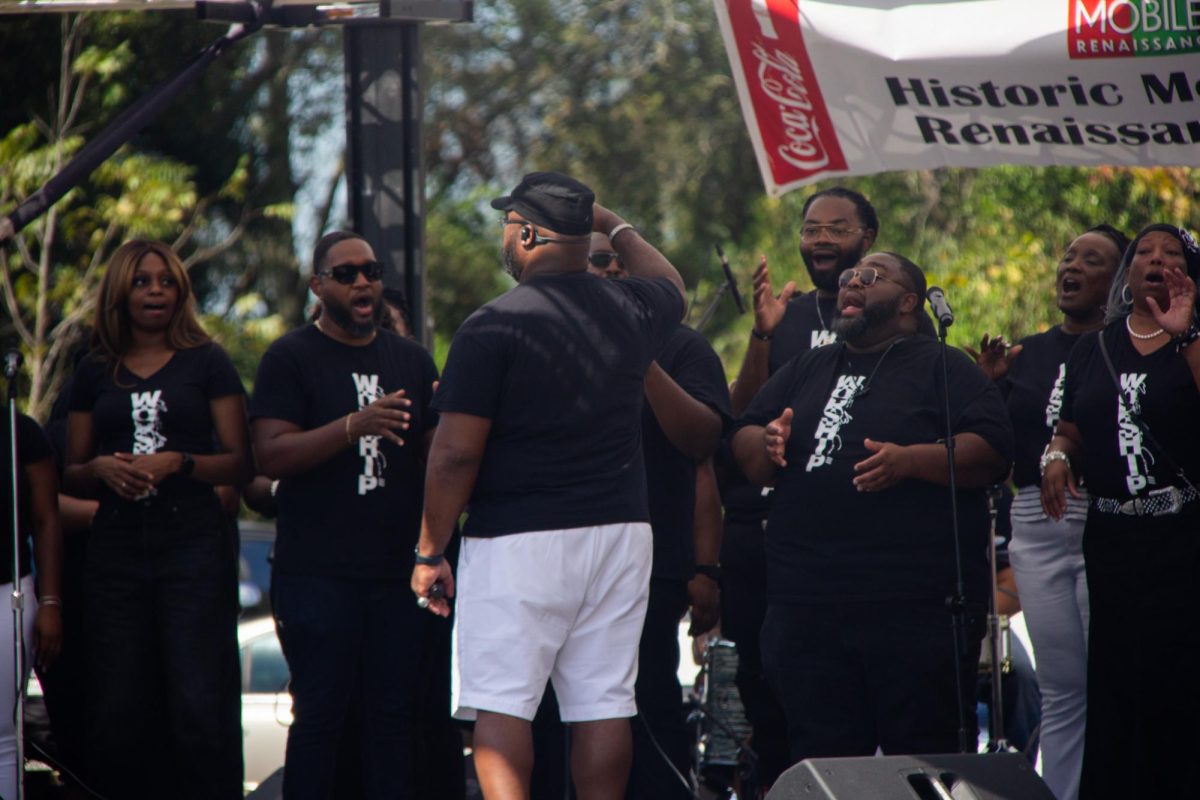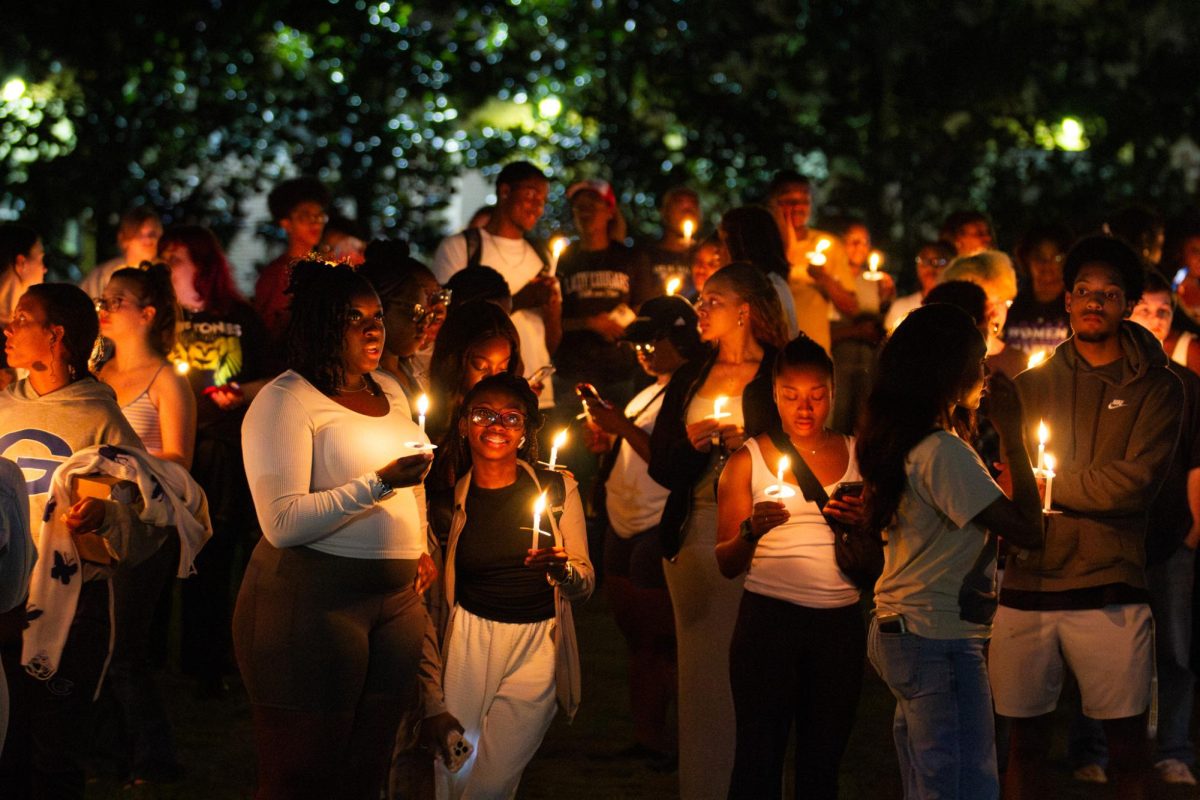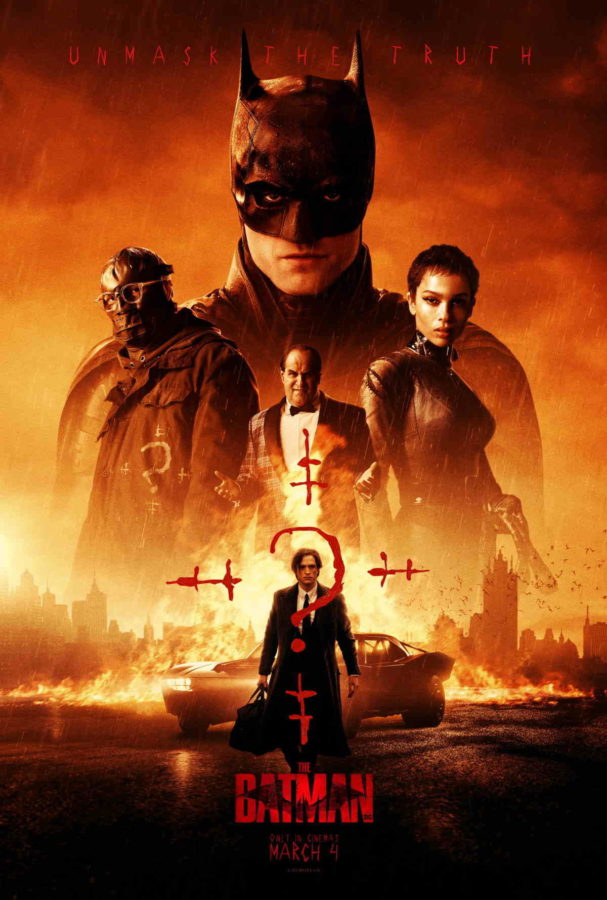Paul Thomas Anderson, you are truly a talent. This film honestly left me speechless. I didn’t expect a film like this to leave me so thoroughly entertained.
For anyone reading this in hopes of gaining insight about the film, here’s the premise (no spoilers):
Plot/Premise – The story follows Bob Ferguson (Leonardo DiCaprio), a former revolutionary whose past has left behind both conviction and scars. Alongside his partner, Perfidia (Teyana Taylor), Bob helped lead a radical group called French 75. In a blaze of political theater and violent confrontation, they incur the wrath of Col. Steven J. Lockjaw (Sean Penn) — a monstrous, obsessive antagonist who becomes both a threat and mirror to their struggle.
After Perfidia disappears, Bob raises their daughter, Willa (Chase Infiniti). Sixteen years later, when Willa goes missing under Lockjaw’s renewed pressure, Bob is pulled back into a fight he cannot escape.
Review –The film is electric from start to finish, with Anderson maintaining a propulsive energy throughout. This intensity is evident in the confrontation, escape and pursuit scenes, but even the quieter moments — such as Bob’s interactions with Willa or reflections on the nature of resistance — are imbued with emotional and political tension.
Critics have praised Anderson’s balanced blend of action, satire and drama. Performance-wise, every actor played their part well, with emotion-driven performances worth highlighting individually.
DiCaprio delivers a nuanced performance as Bob, portraying him as a disillusioned, loving and haunted individual striving for righteousness in an unpredictable world rather than a flawless hero. Penn is particularly striking as Lockjaw, embodying a terrifying, grotesque figure whose obsession and cruelty elevate him beyond a typical villain. Despite the character’s unpleasantness, Penn lends significant weight to the role under Anderson’s direction.
Another standout is Willa, portrayed by Infiniti with perfect execution as a resilient yet emotional figure. Willa connects Bob’s radical past with the present, bridging the gap between ideology and personal cost. Her youth allows her to question the world differently, yet she is shaped by Bob’s experiences. Through Willa, Anderson explores the impact of inheriting activism and trauma from a parent.
But the film’s most captivating performance comes from Benicio del Toro as Sensei Sergio. His portrayal is unique, offering guidance and composure amid Bob’s chaos. While Bob is frantic and narrowly focused on rescuing Willa, Sergio provides balance — a stabilizing, guardian-angel presence that elevates the film’s thematic exploration of family, resistance, identity and service. Their yin-and-yang dynamic anchors much of the film’s emotional weight.
The cinematography by Anderson and Michael Bauman is striking, from desert chases to claustrophobic interiors to vast, politically charged landscapes. The fight and escape choreography is brutal yet inventive. Jonny Greenwood’s soundtrack adds to the atmosphere, sparse and discordant at times but always emotionally resonant, building tension and release with precision.
“One Battle After Another” also explores political urgencies such as authoritarianism, white supremacy, the role of personal memory and historical erasure. Yet it avoids being solely message-driven, grounding its themes in family, identity, discipline and loss. Ultimately, the film focuses less on ideology and more on the personal cost of conviction, action and endurance.
Almost every aspect of this film lands perfectly, making it one of my favorite watches this year. If you go in ready for intensity, emotion and revolutionary politics, you’ll leave the theater with just that. It’s one of 2025’s most vital films.





































